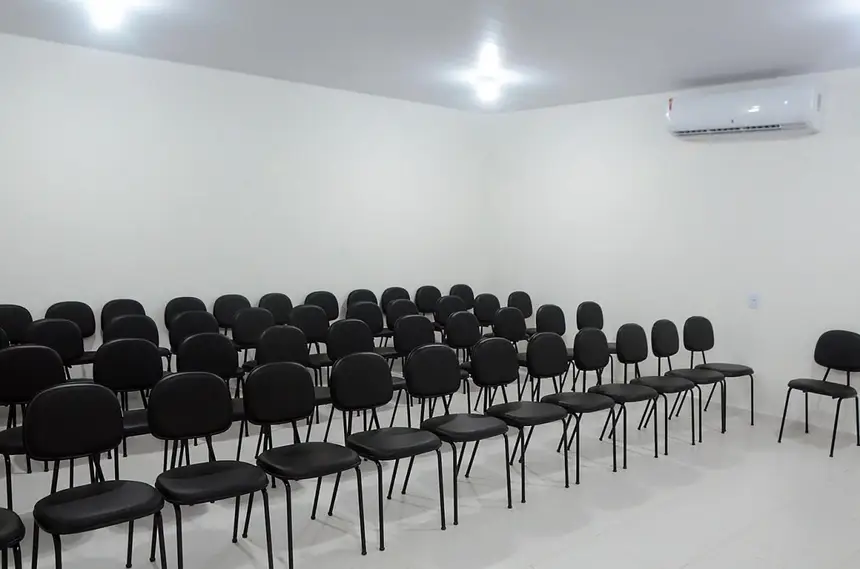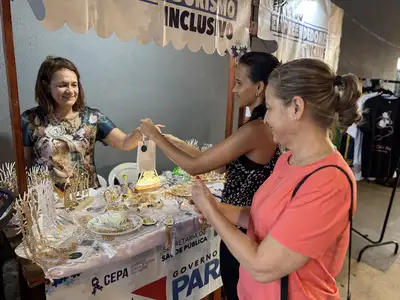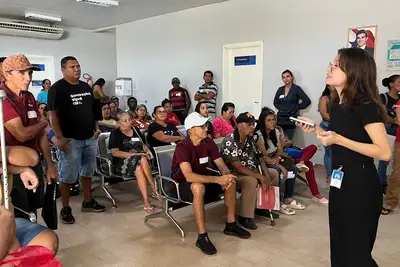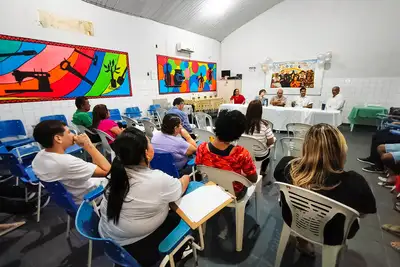Seduc program guarantees free sanitary pads in state schools
Pará joins other states that adopt public policies to combat inequality in access to basic hygiene items, promoting more health, inclusion, and retention in schools
The support for menstrual dignity is a reality in the public education network of Pará. The Official State Gazette published this Thursday (24) Instruction Normative No. 12/2025-GAB/Seduc, through which the State Department of Education amended Instruction Normative 04/2024-GAB/Seduc, dated February 8, 2024, which provides for the general rules and about the subprograms, within the scope of the Pará School Money Program, establishing guidelines for the implementation of the Menstrual Dignity Subprogram.
Supported by State Law No. 10,047, dated September 6, 2023, which established the Menstrual Dignity Program in Schools, the initiative aims to ensure menstrual dignity for young women enrolled in the state public education network.
According to the new normative text, the items may be allocated to all female students, with priority given to those registered in the Unified Registry (CadÚnico) for Federal Government Social Programs, especially those in situations of poverty or extreme poverty.
“The creation of the Menstrual Dignity Subprogram is essential to ensure access to education, health, and dignity, especially for students in situations of social vulnerability. The lack of menstrual hygiene items keeps many female students away from classes, compromising their performance and retention in school. The subprogram combats school dropout, reduces gender inequalities, promotes inclusion and well-being, and contributes to health education and breaking taboos, strengthening the citizenship of students,” emphasized Luciana Oliveira, Administrative Support Director of Seduc.
Purchases must comply with specific control and transparency standards, requiring, for example, price research with at least three different suppliers, as determined by State Decree No. 3,230/2023 and Instruction Normative No. 04/2024, recently updated.
The new regulation also establishes that the purchase and distribution of items must be properly recorded, with accountability according to legal provisions, ensuring the correct application of public resources.
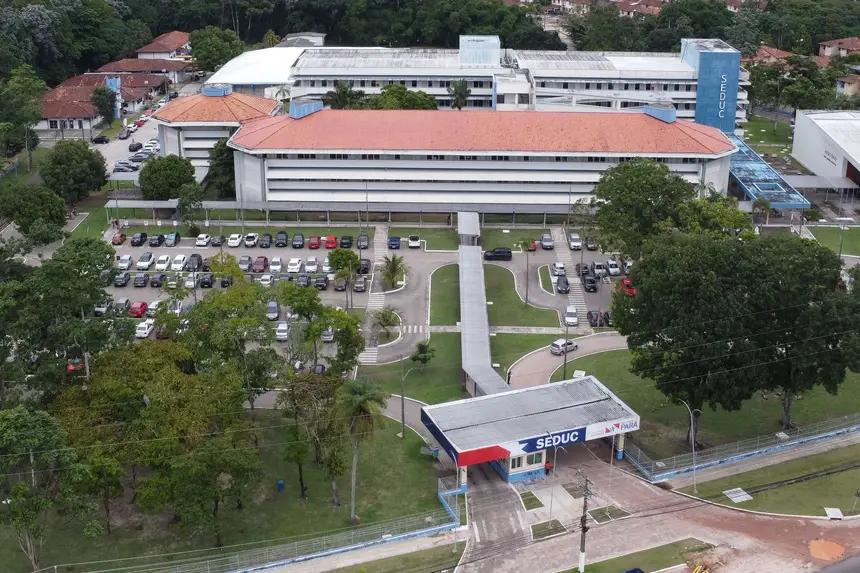
Citizenship - In 2023, the Government of Pará sanctioned Law No. 10,047, dated September 6, 2023, which establishes the Menstrual Dignity Program in Schools, linked to Seduc.
The measure recognizes the vulnerability related to the menstrual cycle as a factor of school exclusion and aims to combat dropout and frequent absences resulting from the lack of adequate products. According to the text of the law, the Program provides for the free distribution of sanitary pads and other menstrual items in schools, in addition to carrying out educational actions and training education professionals.
Criteria - “To meet the guidelines of the Normative Instruction, the school must adopt some measures: know the content of the normative to understand its obligations and criteria for using the resources; include the acquisition of menstrual hygiene items in the Financial Application Plan (PAF), according to the available amounts and the guidelines from Seduc; promote training with the school team on menstrual dignity and addressing gender inequalities; follow the legal purchasing procedures exclusively through the Decentralized Management System (SGED); ensure the distribution of items with confidentiality and respect; listen to students and promote educational actions, as well as record and account for the use of resources and the results achieved. These actions strengthen the role of the school as a promoter of rights and consolidate an essential public policy for the retention and success of students in the state network,” adds the Administrative Support Director of Seduc.
With this initiative, Pará joins other Brazilian states that have adopted public policies to combat inequality in access to basic hygiene items, promoting more health, inclusion, and the retention of girls in schools.


